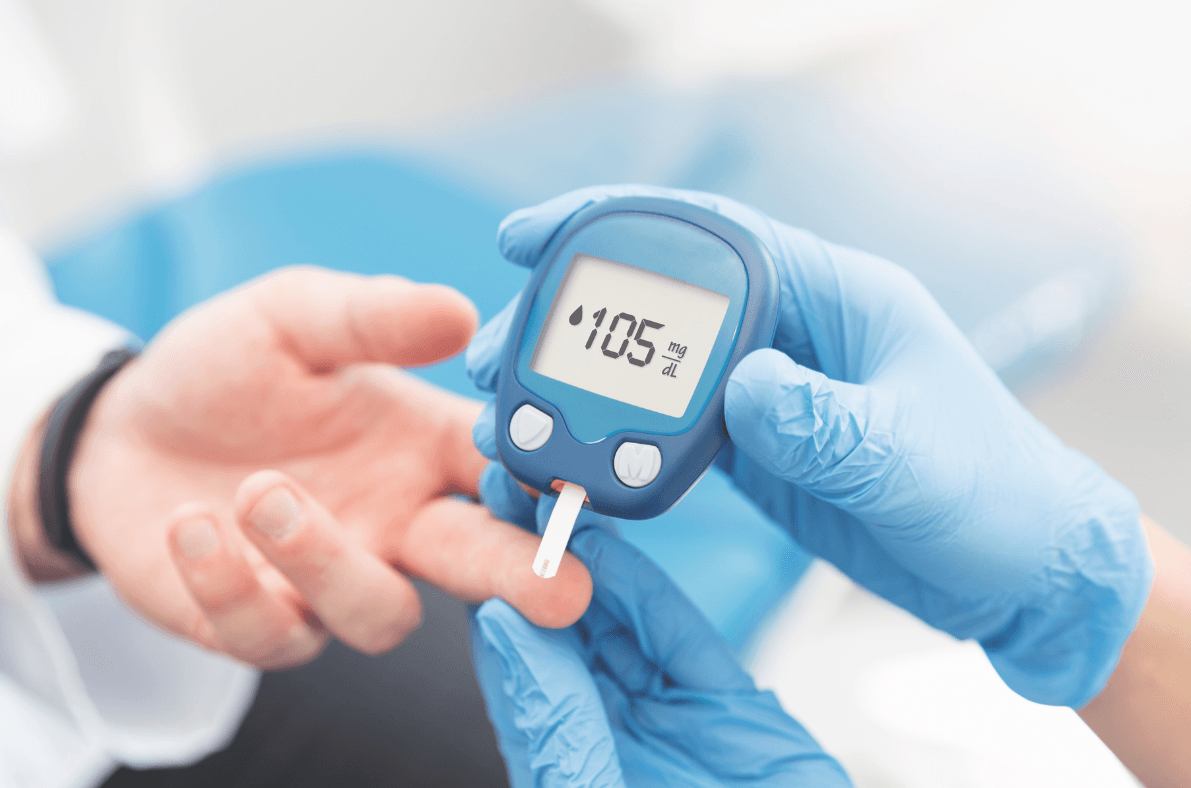Everyone has a responsibility to help stop Covid-19. From wearing a mask to avoiding crowds and constant handwashing, everything you do to help slow the spread will contribute to keeping the country safe. NHS coronavirus testing is part of this strategy.
Here’s why coronavirus testing is important.
Types of Coronavirus Testing
There are multiple tests available for testing for coronavirus. In the UK, you have the option of the PCR test or the rapid lateral flow test. Both tests are free to take. They may be administered by a health professional, or you may be given a kit to test yourself at home.
PCR
The PCR test is usually taken by those who already have symptoms or who have been exposed to the virus. The test involves using a swab that is rubbed over the tonsils or the back of the throat, as well as inside the nose. The test is placed in a tube and sent to a lab for testing. You should take a PCR test if you have a fever, a new cough that is constant, or a change to your sense of smell or taste. You should also take it if you know you have been exposed or if your rapid lateral flow test shows positive. If your PCR test comes back negative, you need to talk to a doctor. A good option for this, if you have mild or no symptoms, is a GP online consultation. This allows you to discuss the issue with your GP, but you don’t need to expose anyone at the office.
Rapid Lateral Flow Test
This test is meant for those who do not have symptoms, but which to ensure they do not have coronavirus. The test is quite simple and gives a rapid result. You’ll need to fill the tube with the provided liquid, though some come with a pre-filled tube. You should blow your nose before the test. Rub the swab over your tonsils or the back of your throat and then inside your nose. Some tests use only the nose swab. The end of the swab is then dipped in the liquid and then squeezed onto a test strip. You’ll need to wait the allotted amount of time and then look at the result. This test should be repeated every three or four days until your exposure window is over if you have been exposed.
Why We Need Covid-19 Testing
Testing is the only way to know for certain if someone has the virus. The test can check whether the person has symptoms or not. It’s important to know if you are positive. However, remember that even if the test is negative, you could still have the coronavirus. This means, if you are exposed to someone who is definitely positive, you need to take extra precautions for the next couple of weeks.
If you have been exposed, you should follow COVID-19 advice:
- Wash your hands frequently
- Practice physical distancing
- Wear a face mask
After a test that comes up positive, you’ll need to isolate yourself and have those who have been in contact with you tested.
Here are some reasons you should consider regular testing to ensure you’re negative:
Prevent Spreading Infection
It’s essential that everyone do their part to prevent the spread of the coronavirus. This means you need to know if you are infected. Testing for the virus allows us to improve everyone’s health and ensure that fewer people become ill. Whether you are vaccinated or not, it’s important to continue testing to be certain you’re not carrying the virus without knowing it.
Take Pre-emptive Measures
Even if you don’t have symptoms or only have mild symptoms, you can begin treatment for COVID-19 as soon as you know you are positive. Since one-third of those infected with the virus don’t have symptoms, it’s important to check regularly if you are out and about. The moment you are aware of a positive test result, you should self-isolate, so you don’t pass the virus on to others. Anyone who is living in the same house or flat should also be tested to see if they are positive. Even if you don’t have any symptoms, you can still be contagious.
Protect the Vulnerable
If you have been able to get vaccinated, you may feel more confident about your health. You know that you’re less likely to develop serious symptoms even if you are infected. However, it’s important that you still take care not to infect other people. Not everyone can get the vaccine, and this means they are vulnerable to the virus. Small children and those with health issues that make it impossible to vaccinate them can be in danger if others are carrying the virus and expose them. To prevent this, test yourself regularly and be sure to avoid exposing anyone else if you test positive.
Slow the Use of Resources
One of the biggest issues with COVID-19 is the possibility of a health system collapse. To ensure the NHS doesn’t overexert itself or use up all resources, it’s important that people are tested and treated as soon as they test positive. This reduces the chances of a patient requiring more intensive care and using up valuable resources. Those resources may then be used for other reasons, since the usual diseases and accidents still occur.
Save Lives
Everyone is capable of saving a life or even multiple lives. By testing, you ensure that you know when you are sick, despite being asymptomatic. You can then take extra care not to infect someone else. This may seem simple or irritating, but it makes a huge difference to those who are not exposed because of your actions.
Help the Country Get Back on Track
Everyone is frustrated with the restrictions and lockdowns that have become a normal part of life. With the pandemic stretching on, there is definitely some pandemic fatigue, but it’s important to continue taking measures to control the virus. It’s only possible to reduce the restrictions if everyone is testing and taking precautions.
What to Do If You Test Positive
Whether you are testing at home or at a testing site, be aware that if you do test positive, you need to isolate yourself. This is the first thing you should do, to limit exposure to others around you.
Next, you can schedule a GP online consultation, which you can do via NHS online. This will allow your doctor to talk to you about the options for treatment and to provide you with details on when to seek outside help. In many cases, you can remain at home to recover. This is one of the reasons NHS coronavirus testing is so important, as it helps people get the test results early on. They can then take the first steps toward recovery before the virus has really taken hold.
You’ll need to monitor your symptoms and talk to your doctor if they get worse. The doctor may make suggestions for medications to help ease any symptoms you have. These can be delivered by a pharmacy, so you never need to leave the house, for a consultation or getting your medication.
The ability to see a doctor online has changed the way we treat coronavirus. It’s now possible to stay home for the entire process, including getting a test to do at home. If you’re interested in getting more Covid-19 advice, you can look at the NHS online page to learn more about the available tests, doctor’s appointments online, and advice for staying safe during the pandemic.











